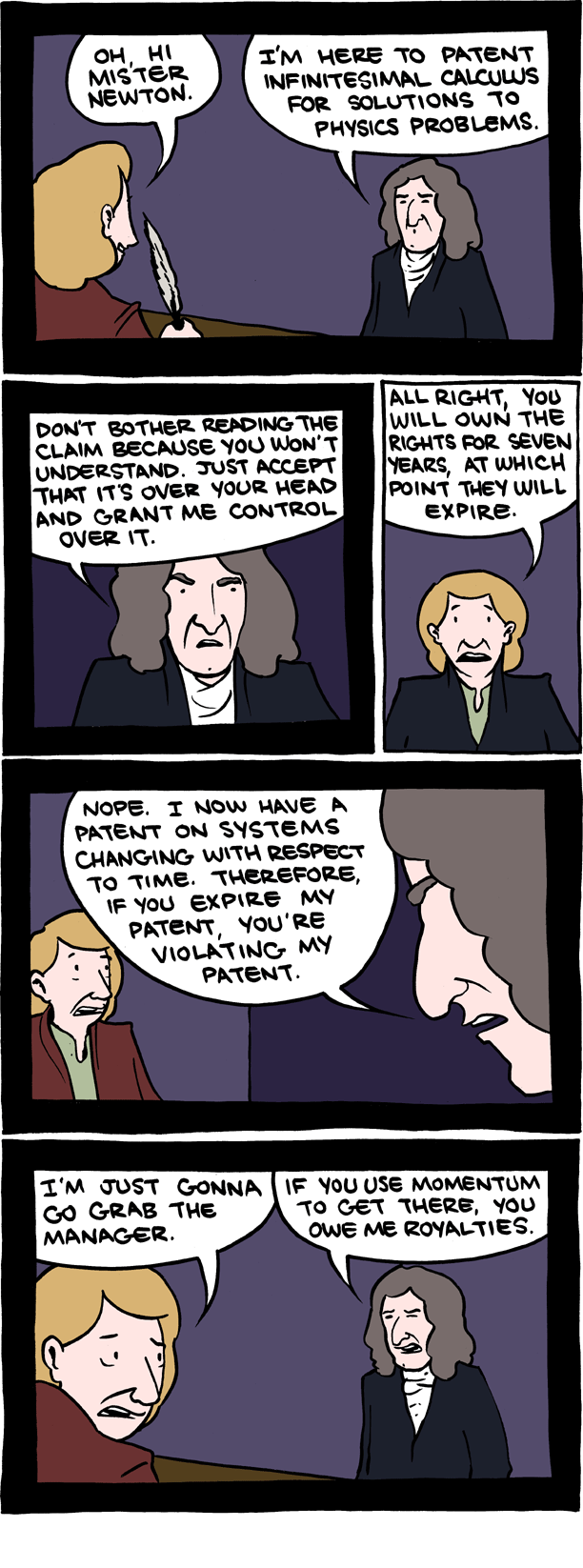In the old days we had expansions, patches, game "settings" (yep) like the Forgotten Realms and game series or sagas like Baldur's Gate, and things were much clearer. Using corporate terminology only shows how corporate the gaming scene has become.
Here is my counter-argument for that. The part of the game that's "property" isn't just the setting, it's also the mechanics. Calling it a new "setting" works fine for RPGs, but not so much for other genres like strategy or an FPS.
I'll use Paradox Interactive's games as an example again. Paradox has four flagship IPs. Europa Universalis, Hearts of Iron, Victoria, and Crusader Kings. Each one of these games has the same foundational concept --an ultra detailed history game that focuses on a specific period of history and takes an extremely long time to play. But they all have different settings and radically different mechanics to match their respective period of history. There are very few transferarable mechanics between each series. Another good example is Vavle's FPS games. Counter-Strike, Left 4 Dead, Team Fortress 2, and Half-Life are all FPS games but each has radically different gameplay.
The problem with calling it "a new setting" is Paradox has made spin-off games set in other periods of history that weren't very big (sort of like Beyond Earth for Civ V.) The problem with calling it a "franchise" is that by defintion a franchise requires more than one game in a series. And Paradox takes a very, very long time to make sequels. Calling it a "new IP" announces their intentions of making a new game with new mechanics designed from the ground-up for that particular period in history.
I also find terms like "DLC", "AAA" and "IP" a little annoying. We can all agree they are foreign to games.
Not to nit-pick, but I thought the terms "DLC" and "AAA" originated in the games industry?





